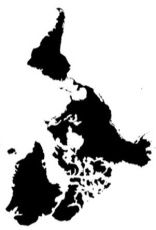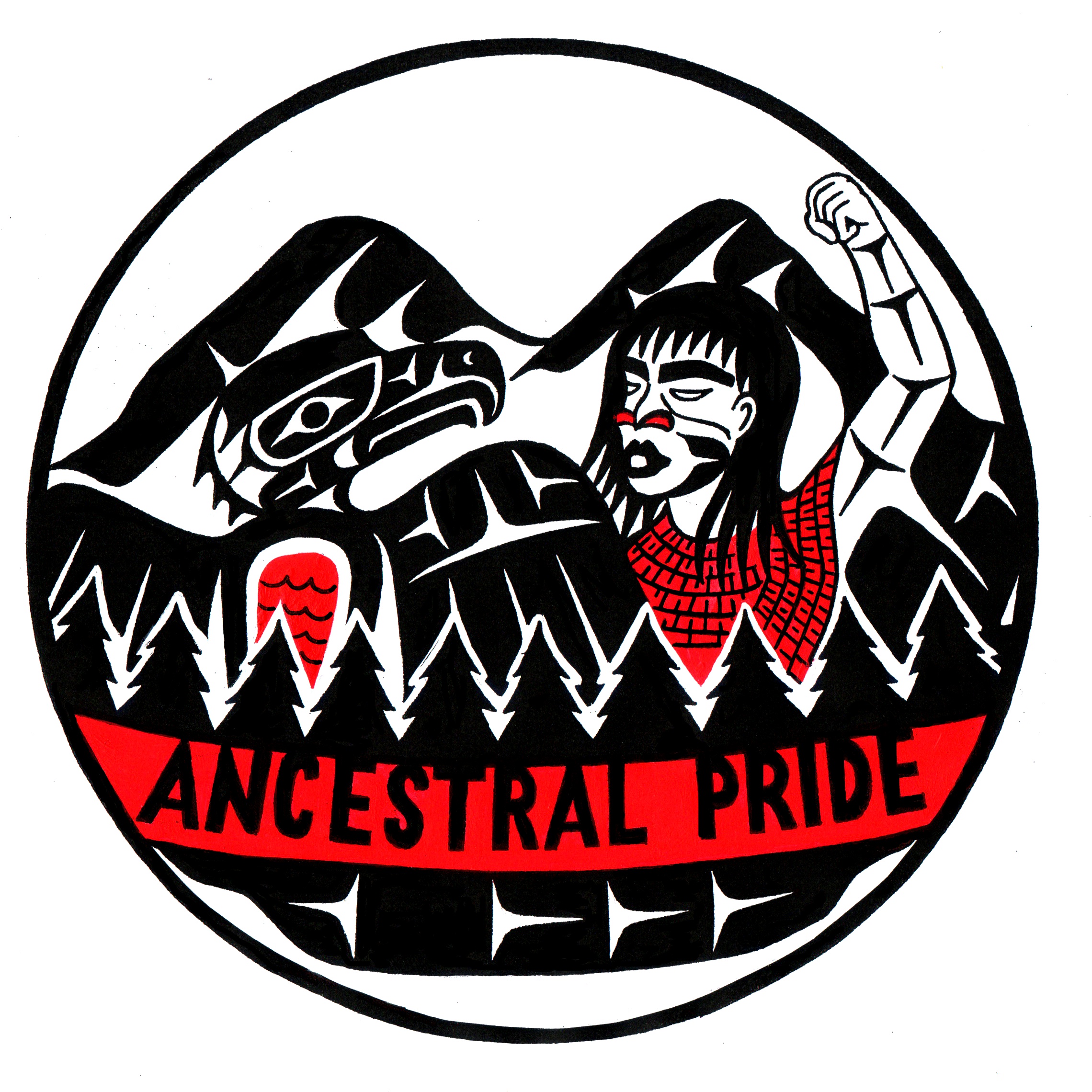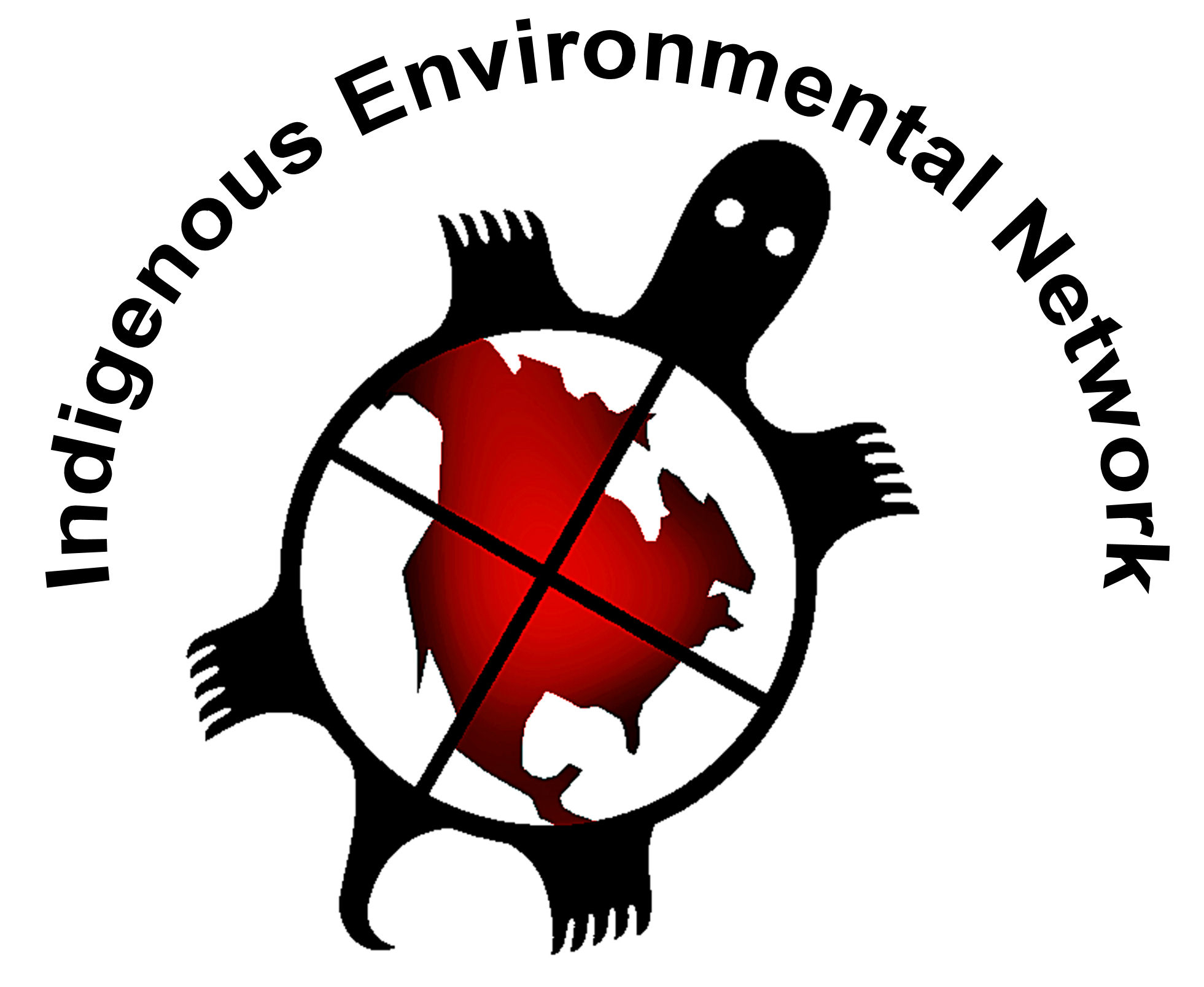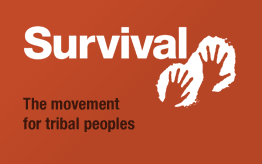By Litsa Chatzivasileiou
I write as a settler on this land. I am not speaking on behalf of Aboriginal people but rather as an unconditional ally to their struggles. I will specifically address Indigenous resistance in the form of re-occupation of Turtle Island and in particular of so-called Canada. Re-occupation of the land is a kind of resistance and decolonization to dismantle settler relations to the land as commodity or as property. It is a form of what Nishnaabeg Leanne Betasamosake Simpson calls Indigenous resurgence that is based on restoring Indigenous relationships with the land and how to treat the land in a reciprocal and profoundly respectful way: “It refuses dispossession of both Indigenous bodies and land as the focal point of resurgent thinking and action…It calls for…radical resurgent organizing as direct action…against the dispossessive forces of capitalism, heteropatriarchy and white supremacy. These are actions that engage in generative refusal of…state control…and they embody an Indigenous alternative”. (Simpson 2017). As I understand it this alternative implies both the return of the land to Aboriginal people (and thus the dismantling of settler colonialism) coupled with the literal social, political and economic overthrow of the settler, capitalist state that has wreaked havoc on the planet. More on the tactic of re-occupation shortly. But first, some context on how settler colonialism and ecocide go hand in hand is in order.
Ecocide or the annihilation of the planet and our very life support system is also an industrial genocide of Indigenous peoples symptomatic of what many scholars have called the cancerous diseases of capitalism and settler colonialism. They are both predicated on infinite expansion and growth, the reduction of earth to a lifeless commodity, the mindset of land as frontiers of conquest and the obliteration of what Naomi Klein calls sacrificial zones and people standing on their way. Under capitalism “the expansion of commodity frontiers fosters conditions of social and environmental degradation and conflict.” The commodification process inherent in capitalism begun with the sugar complex in the fifteenth century, spurred early colonialism, and continues to operate in settler colonialism and land grabs through mining and fossil fuel industries and corporate interests: “[f]urther expansion is possible as long as there remains un-commodified land, products, and relations. Here land should be seen the equivalent to the space to grow food or to extract minerals, or the sea for oil or gas exploration” (Conde and Walter 2015). Although today the process of commodification has been exported from the European colonial empires to its colonies and it is rampant globally under the new neo-liberal world order it was initiated within Europe with the uprooting of European peasants, their loss of traditional forms of subsistence, their disconnection from the soil and natural environment, the subsequent flow of products from the countryside to the big urban centers and the degradation and toxification of the places of extraction and consumption. The rise of wage labour accompanied the commodification of land and labour while the “dispossession of subsistence farmers and herders from common land resulted in the proletarianization of rural populations, who flooded to urban centers in search of work…Those still in possession of land generally became indebted, fostering instability and overexploitation by capitalists. This process led to declining productivity, driving the frontier further in search of fresh supplies of labour and land.” (Conde and Walter 72).





































